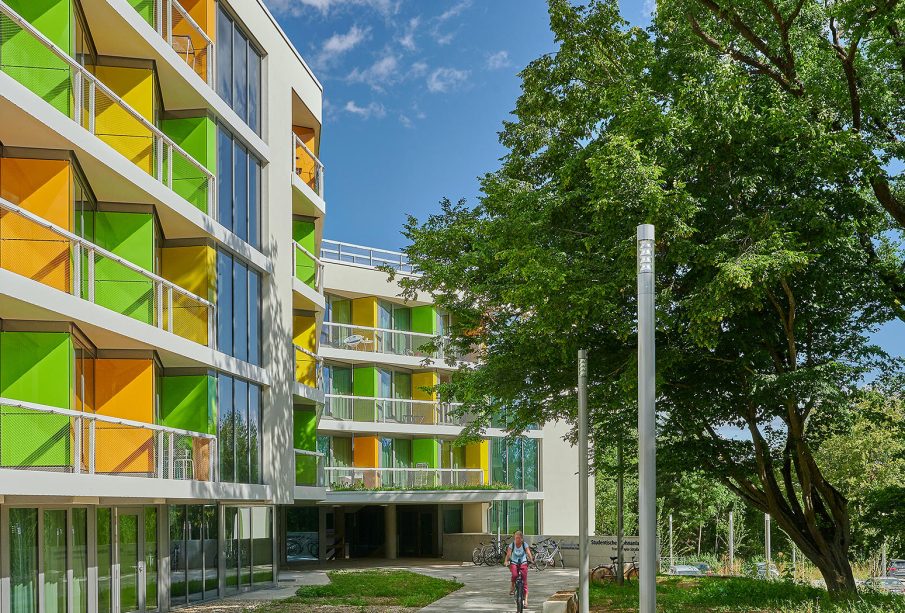Regensburg: A Glimpse into History and Culture

Introduction
Regensburg, located in southeastern Germany, stands as one of the country’s most important historical cities. It is renowned for its well-preserved medieval architecture and was designated a UNESCO World Heritage Site in 2006. The significance of Regensburg lies not just in its architectural marvels but also in its vital role in German history, culture, and politics.
Historical Importance
Founded by the Romans in the year 179 AD as Castra Regina, Regensburg has a rich tapestry of history, serving key functions throughout various eras. It became an important trading centre in the Middle Ages and was the site of the Imperial Diet from 1663 until 1806. Today, visitors can explore the grandeur of structures like the Regensburg Cathedral, a masterpiece of Gothic architecture, completed in 1634, and the Stone Bridge, built in the 12th century, which showcases the city’s historical engineering prowess.
Recent Developments
In recent years, Regensburg has adapted to modern needs while preserving its historical heritage. The city has undergone significant developments to promote tourism and access to cultural sites. In 2023, initiatives have been implemented to enhance pedestrian zones within the old town, making it easier for tourists and locals alike to enjoy the city’s charming atmosphere. A series of exhibitions and events have been planned to coincide with the city’s various anniversaries, attracting both domestic and international visitors.
Cultural Events and Attractions
Regensburg is not only about historical landmarks; it is also a hub for cultural events. The annual Regensburg Jazz Week has grown considerably and brings together music lovers from across Germany. Furthermore, the Regensburg Christmas Market, held every December, has become famous for its traditional crafts and seasonal delights, drawing crowds from near and far. The city’s vibrant culinary scene, featuring both traditional Bavarian cuisine and international fare, adds to its allure.
Conclusion
With its rich history, cultural vibrancy, and architectural beauty, Regensburg continues to be a significant destination for travellers. As the city looks to the future, it remains committed to balancing modern development with the preservation of its unique heritage. For visitors and residents, Regensburg is not just a place to explore; it is a living testament to Germany’s storied past and its dynamic present, promising much more to offer in the years to come.









